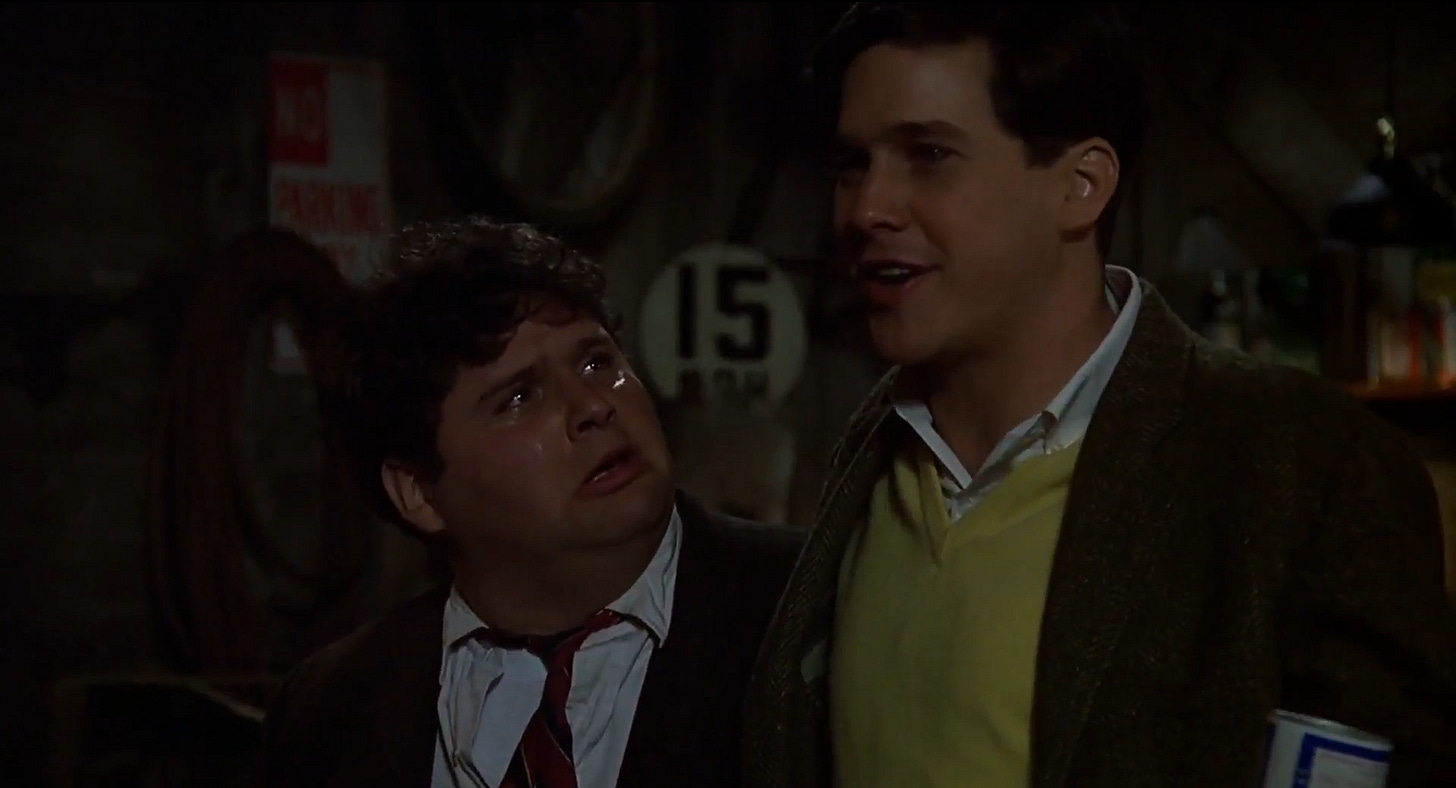You Fucked Up! You Trusted Us!
Hey! Make the Best of it!
Animal House, 1978
Tariffs are back! At least for the moment, anyway. We’ll see if we get a new deadline on August 1st (we probably will if history is any indication). But what we probably won’t get this time is any more goodwill.
Despite ongoing negotiations with the EU, Japan, Vietnam, and South Korea, Trump has decided to go ahead with publicly firing off a series of letters threatening these parties with new (and in some cases higher) tariff rates.
Diplomatic engagement in the best of times requires a certain level of trust-building to effectively implement. You have to believe that your counterparty is operating in good faith and that they plan to honor their side of a bargain.
When you give up tradespace for certain concessions, you need to be able to have credible assurances that you gave things up for a reason.
When there’s coercion involved in a diplomatic engagement—for instance, the threat of economically damaging tariffs—things are even more tenuous. You have very little reason to trust your counterparty when they are the initiator of a crisis (which Washington is).
There are also, of course, quite a lot of emotions engendered when you’re being economically extorted by a stronger power. When you’re being treated like the Melians, it’s awfully difficult to want to come to a generous conclusion. Especially when it’s your ally treating you more like a vassal than a partner.
Good faith is in short supply when you are attempting to strike a deal with a gun to your head.
Trump is likely the most volatile leader to hold global power since the 20th century—a mercurial, unreliable actor with no regard for norms, treaties, or process.
Any tenuous agreement you hold with him is vulnerable to being undone in a rambling 3 am post on his social media site. You’re operating in an environment where if you strike some kind of agreement (like the USMCA)—he’ll simply renege for completely arbitrary reasons.
In short, the primary interlocutor that’s holding a gun to your head is liable to shoot you because of an unrelated whim. He might also just come back later after you make a deal and shoot you anyway.
But in this instance, you sort of had to negotiate after the April tariffs out of necessity. The United States is still the largest economy in the world and we hold the preponderance of military power globally. Even when unreliable, we’re an indispensible security partner (assuming we honor our agreements) and we’re a massive market for exports.
It would be difficult to justify to domestic audiences that you didn’t at least try to convince the leopard not to eat your face before you started a fight with the leopard. You had to put a small amount of faith into the idea that the leopard couldn’t possibly eat everyone’s faces, and just maybe that leopard was susceptible to some normal political incentives.
It just turns out the face-eating leopard is relatively committed to eating faces.
So you fucked up. You trusted us. I guess you learned not to do it again.


“ There are also, of course, quite a lot of emotions engendered when you’re being economically extorted by a stronger power.”
I am surprised by how many Americans - both on the pro and anti Trump side - do not seem to grasp the power imbalance that exists. They don’t “get,” and are maybe not capable of getting, what it feels like to be the small country being pushed around by the big country.
Are you tired of winning yet?